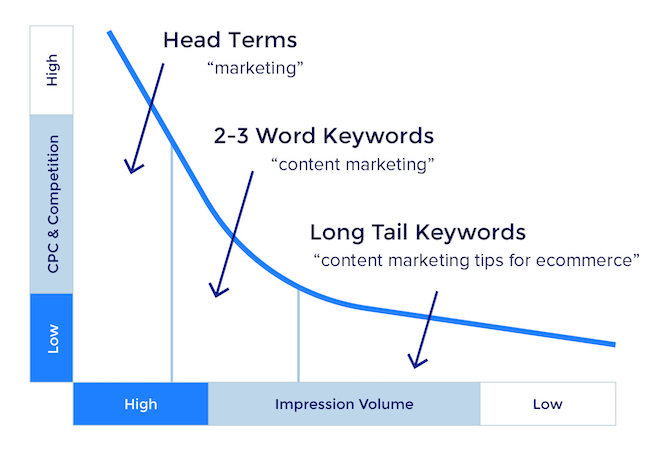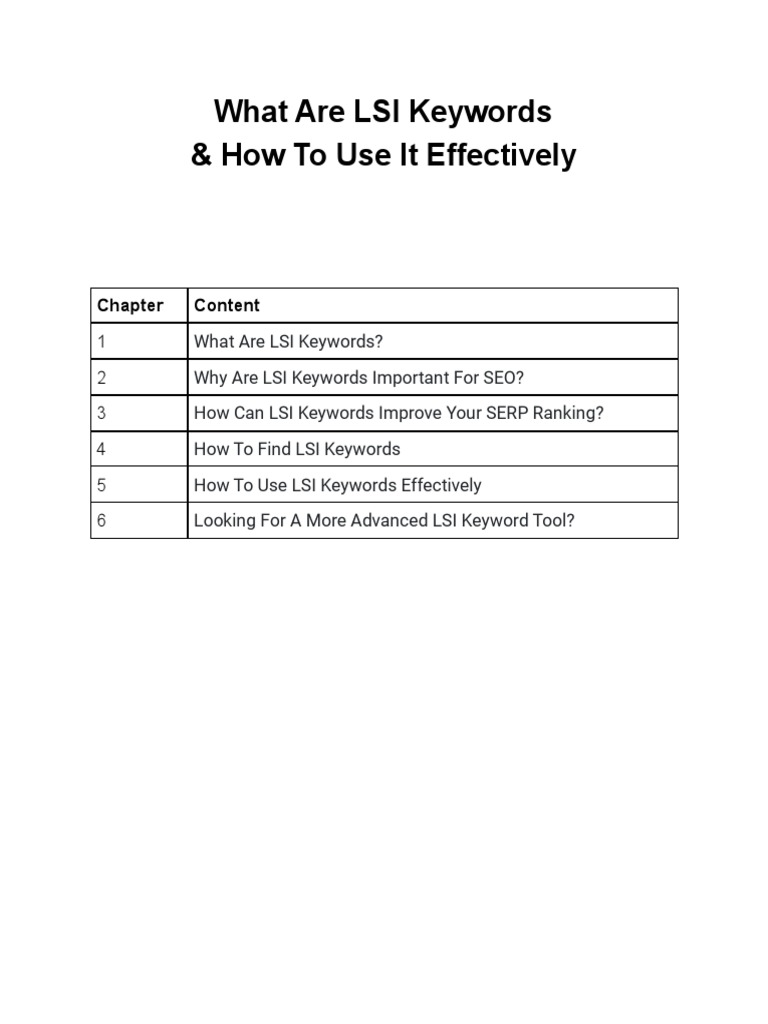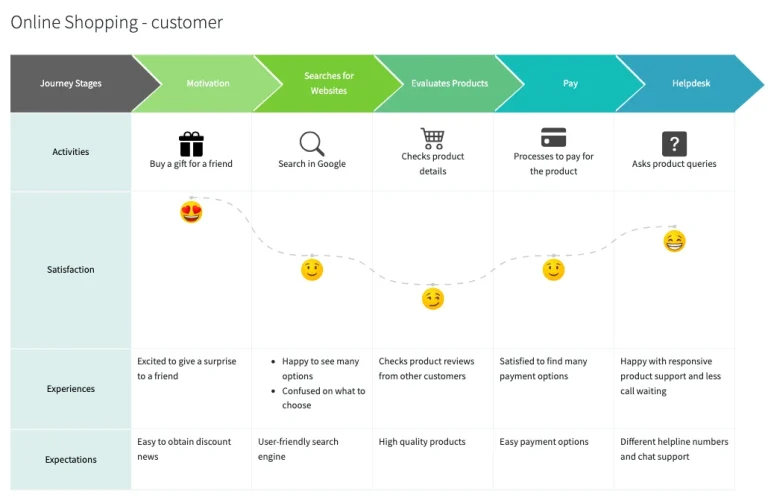
In the digital age, where online visibility is crucial for business success, understanding Google keywords is more important than ever. Whether you’re a small business owner, a content creator, or an entrepreneur, mastering the art of keyword research can significantly impact your website’s performance on search engines. This guide will walk you through the essentials of Google keywords, how to effectively use them in your SEO strategy, and why they are vital for achieving online success.
What Are Google Keywords?
At its core, a Google keyword is a term or phrase that users type into a search engine when looking for information, products, or services. These keywords are the foundation of search engine optimization (SEO), as they help search engines like Google understand what your content is about and match it with relevant user queries.
Keywords come in various forms, including short-tail and long-tail keywords. Short-tail keywords are typically one to two words long, such as “SEO” or “digital marketing.” Long-tail keywords, on the other hand, are longer phrases that are more specific, such as “how to improve SEO for small businesses.”
Understanding the difference between these types of keywords is essential for creating content that resonates with your target audience and ranks well on search engines.
Why Keywords Matter for SEO
Keywords play a critical role in SEO because they help search engines determine the relevance of your content to a user’s query. When you optimize your website with the right keywords, you increase the chances of your content appearing in search results, which can drive more traffic to your site.
Moreover, keywords help you connect with your audience by addressing their specific needs and interests. By using the right keywords, you can attract visitors who are actively searching for what you offer, leading to higher engagement and conversions.
The Role of Keyword Research
Keyword research is the process of identifying the most relevant and effective keywords for your content. It involves analyzing search volume, competition, and user intent to determine which keywords will best serve your SEO goals.
Effective keyword research helps you:
- Understand what your audience is searching for
- Identify opportunities to rank for high-value keywords
- Create content that aligns with user intent
- Stay ahead of competitors by targeting less competitive but valuable keywords
By conducting thorough keyword research, you can develop a targeted SEO strategy that maximizes your chances of success.
How to Find the Right Google Keywords
Finding the right keywords requires a combination of tools, strategies, and insights into your audience’s behavior. Here are some steps to help you identify the most effective Google keywords for your content:
1. Use Google Keyword Tools
One of the most powerful tools for keyword research is the Google Keyword Planner, which is part of Google Ads. This tool provides insights into search volume, competition, and suggested keywords based on your initial search terms.
Other free tools like Ubersuggest, SEMrush, and Ahrefs also offer valuable data on keyword trends, competitor analysis, and content suggestions. These tools can help you uncover new keywords and refine your existing ones.
2. Analyze Your Competitors
Looking at what your competitors are ranking for can provide valuable insights into potential keywords for your own content. Use tools like Ahrefs or Moz to analyze your competitors’ websites and see which keywords they are targeting.
This information can help you identify gaps in your content strategy and discover keywords that may be underutilized in your niche.
3. Focus on User Intent
Understanding user intent is crucial when selecting keywords. Users may be searching for information, making a purchase, or seeking a solution to a problem. By aligning your keywords with the intent behind a search, you can create content that better meets the needs of your audience.
For example, if someone searches for “best running shoes,” they are likely looking for product recommendations. In contrast, a search for “how to choose running shoes” indicates a desire for educational content.
4. Leverage Long-Tail Keywords
Long-tail keywords are often less competitive and more specific than short-tail keywords, making them ideal for targeting niche audiences. These keywords can help you capture highly targeted traffic and improve your chances of ranking for more specific queries.
For instance, instead of targeting “SEO,” you might focus on “SEO tips for small businesses.” This approach not only increases your visibility but also attracts users who are more likely to convert.
5. Consider Local Search
If your business serves a local audience, incorporating local keywords can significantly boost your visibility in local search results. For example, if you run a bakery in Seattle, optimizing for “bakery Seattle” can help you appear in local search results and attract nearby customers.
Using tools like Google My Business can further enhance your local SEO efforts by ensuring your business appears in local directories and maps.
Best Practices for Using Google Keywords

Once you’ve identified the right keywords, it’s essential to use them effectively in your content. Here are some best practices to keep in mind:
1. Integrate Keywords Naturally
Avoid keyword stuffing, which is the practice of overloading your content with keywords to manipulate search rankings. Instead, integrate keywords naturally into your content to maintain readability and user experience.
Use variations of your primary keyword throughout your content to avoid repetition and ensure a smooth flow.
2. Optimize On-Page Elements
In addition to your content, make sure to include your keywords in key on-page elements such as:
- Title tags
- Meta descriptions
- Header tags (H1, H2, H3)
- Image alt text
- URL structure
These elements help search engines understand the context of your content and improve your chances of ranking higher.
3. Create High-Quality Content
While keywords are important, they should never come at the expense of quality. Focus on creating informative, engaging, and valuable content that addresses the needs of your audience.
High-quality content not only improves your SEO but also encourages users to stay on your site, share your content, and return for more.
4. Monitor and Adjust
SEO is an ongoing process, and it’s essential to monitor your keyword performance regularly. Use tools like Google Analytics and Search Console to track your rankings, traffic, and user behavior.
Based on this data, you can adjust your keyword strategy to better align with your goals and improve your overall performance.
Common Mistakes to Avoid
Even with the best intentions, many marketers make mistakes when it comes to keyword usage. Here are some common pitfalls to avoid:
1. Ignoring User Intent
Focusing solely on high-volume keywords without considering user intent can lead to poor engagement and low conversion rates. Always ensure your content addresses the specific needs and questions of your audience.
2. Neglecting Long-Tail Keywords
While short-tail keywords may have higher search volumes, they are often more competitive and harder to rank for. Don’t overlook the value of long-tail keywords, which can provide more targeted traffic and better conversion rates.
3. Overlooking Local SEO
If your business has a local presence, failing to incorporate local keywords can limit your visibility in local search results. Make sure to optimize for location-based queries to attract nearby customers.
4. Not Updating Content
Search trends and user preferences change over time, so it’s essential to update your content regularly. Revise your keyword strategy based on new data and insights to maintain your rankings and relevance.
Conclusion
Mastering Google keywords is a critical component of any successful SEO strategy. By understanding the different types of keywords, conducting thorough research, and implementing best practices, you can improve your website’s visibility, attract more targeted traffic, and achieve greater online success.
Remember, the goal of keyword optimization is not just to rank higher on search engines but to provide value to your audience. By focusing on user intent, creating high-quality content, and continuously refining your strategy, you can build a strong foundation for long-term SEO success.
Whether you’re just starting out or looking to refine your current approach, the insights and strategies outlined in this guide will help you navigate the world of Google keywords with confidence and clarity. Embrace the power of keywords, and watch your online presence grow.








